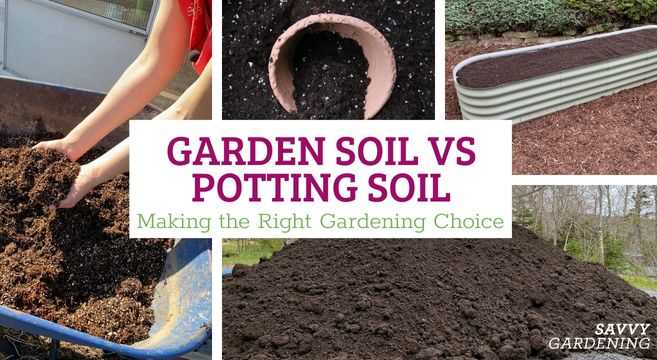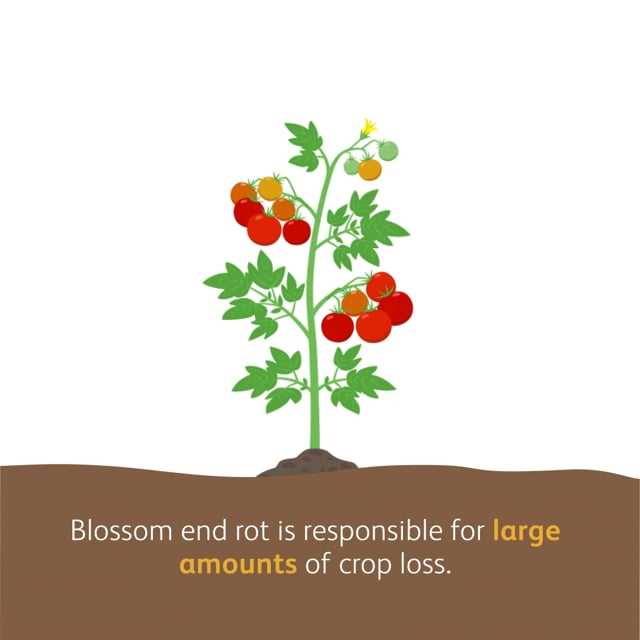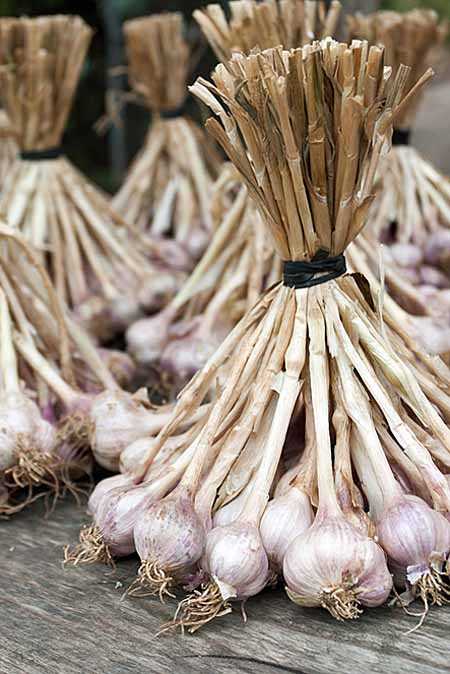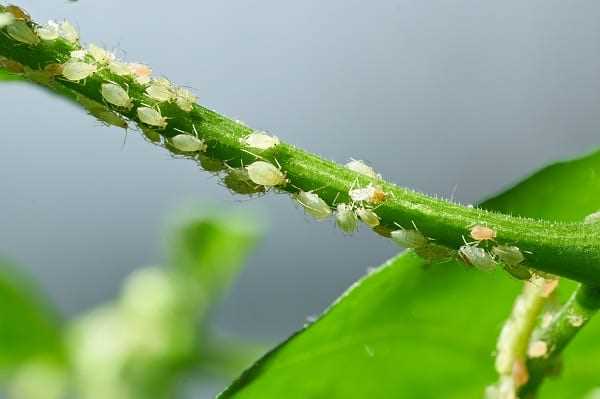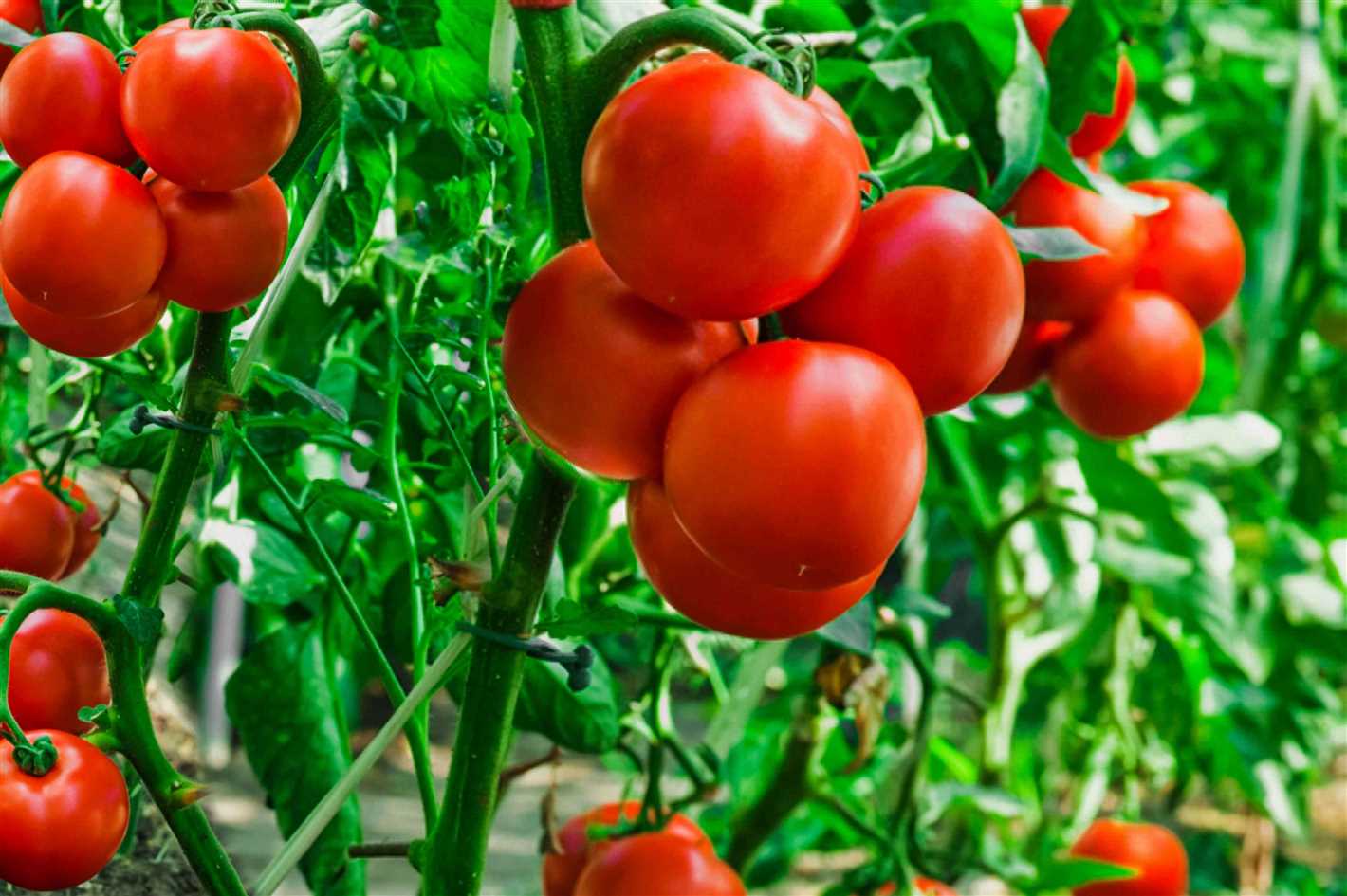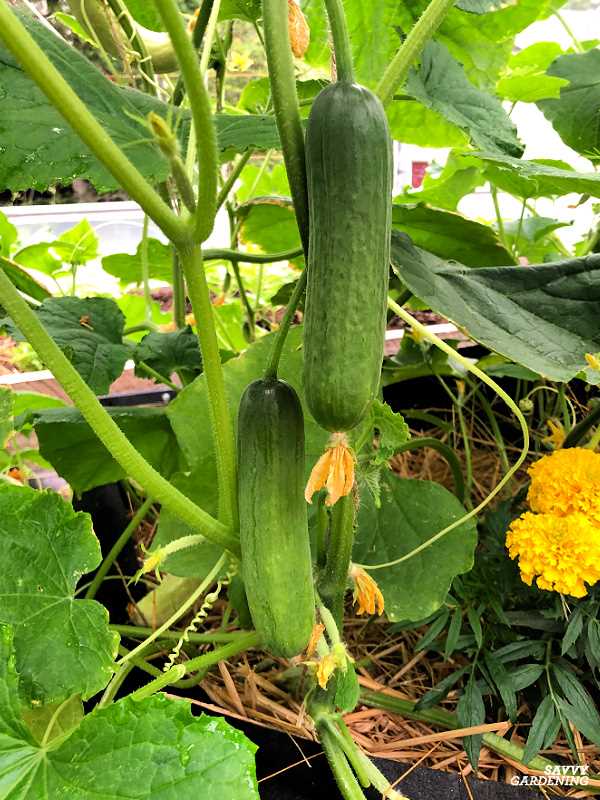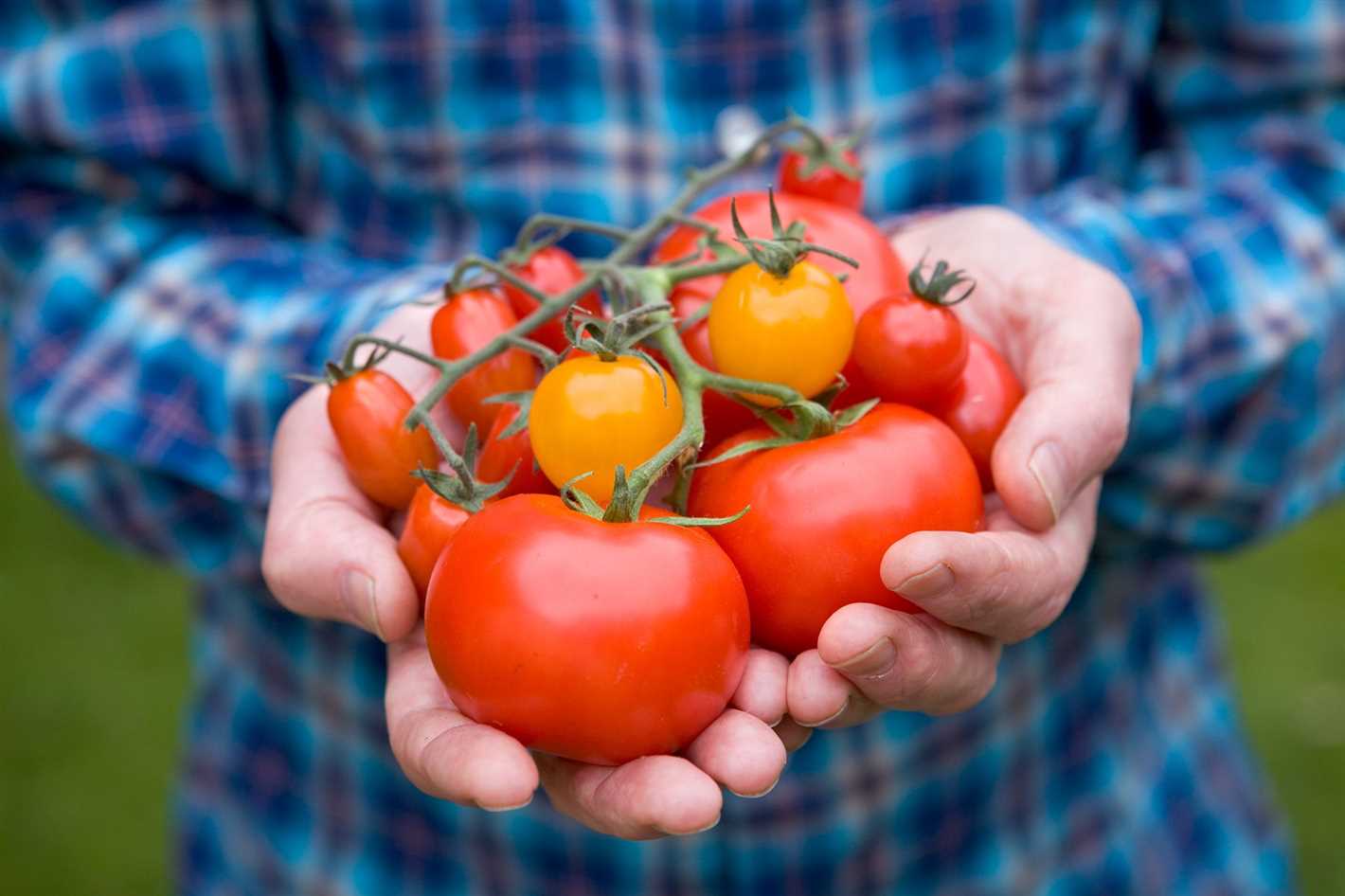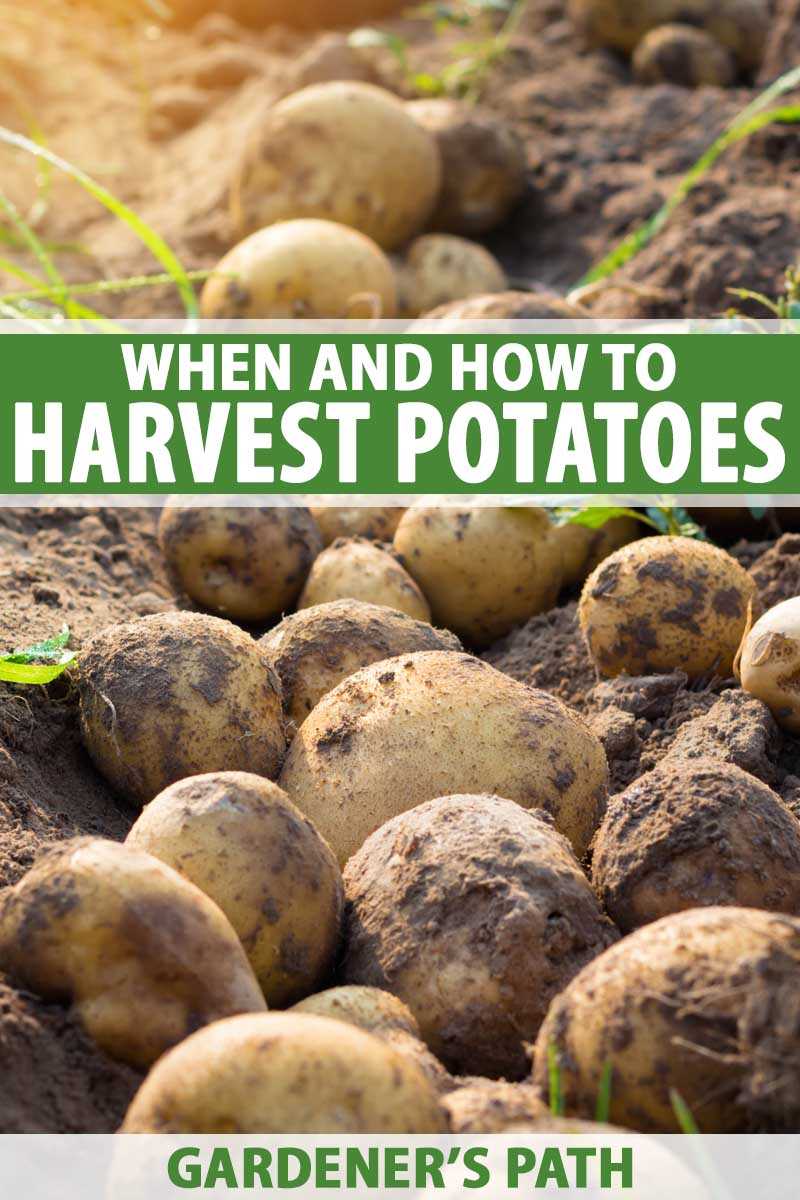- 1. Determine Your Growing Conditions
- 2. Consider the Purpose
- 3. Look for Disease Resistance
- 4. Consider the Space Available
- 5. Read Reviews and Recommendations
- Importance of High-Quality Cucumber Seeds
- Consider Climate and Growing Conditions
- 1. Temperature
- 2. Sunlight
- 3. Soil
- 4. Watering
- 5. Growing Space
- Determine the Desired Cucumber Variety
- Check Seed Label and Expiry Date
- 1. Seed Variety
- 2. Seed Source
- 3. Seed Purity
- 4. Germination Rate
- 5. Expiry Date
- Read Reviews and Recommendations
- Purchase from Reputable Seed Suppliers
- Opt for Disease-Resistant Cucumber Seeds
- Store Cucumber Seeds Properly
- 1. Dry the Seeds
- 2. Clean the Seeds
- 3. Use Airtight Containers
- 4. Store in a Cool, Dry Place
- 5. Keep Away from Direct Sunlight
- “Question-Answer”
- What are the best cucumber seeds for a bountiful harvest?
- How do I choose cucumber seeds for my garden?
- Are disease-resistant cucumber seeds important?
- What are some common diseases that affect cucumbers?
- Can I save cucumber seeds from my own harvest?
- How long do cucumber seeds last?
- Can I grow cucumbers from store-bought cucumbers?
- “Video” Grow MORE CUCUMBERS Than EVER With This Variety And One Simple Tip
Cucumbers are a popular and versatile vegetable that can be enjoyed in salads, pickles, and even as a refreshing snack. If you’re a fan of cucumbers and want to grow them in your own garden, choosing the right cucumber seeds is essential for a bountiful harvest. With so many varieties available, it can be overwhelming to make a decision. That’s why we’ve put together a list of five rules to help you choose the best cucumber seeds for your garden.
1. Determine Your Growing Conditions
Before selecting cucumber seeds, it’s important to evaluate your growing conditions. Cucumbers thrive in full sun, so make sure your garden receives at least six to eight hours of direct sunlight each day. Additionally, cucumber plants need well-draining soil that is rich in organic matter. Take note of the climate in your area and choose seeds that are suited for your specific region. Some cucumber varieties are more tolerant of heat or cold, so selecting seeds that are adapted to your climate will increase your chances of success.
2. Consider the Purpose
Are you looking to grow cucumbers for fresh eating, pickling, or both? Different cucumber varieties are suited for different purposes, so consider the intended use before making a purchase. Some cucumbers are specifically bred for their crisp texture and mild flavor, making them perfect for salads. Others have thin skin and small seeds, making them ideal for pickling. Understanding your purpose will help you choose the right cucumber seeds for your desired outcome.
3. Look for Disease Resistance
Cucumber plants are susceptible to various diseases, such as powdery mildew, bacterial wilt, and cucumber mosaic virus. To protect your crops from these common diseases, look for cucumber seeds that are labeled as disease-resistant. Disease-resistant varieties have been bred to resist specific diseases, increasing the likelihood of a successful and healthy harvest. Check the seed packets or descriptions for information on disease resistance.
4. Consider the Space Available
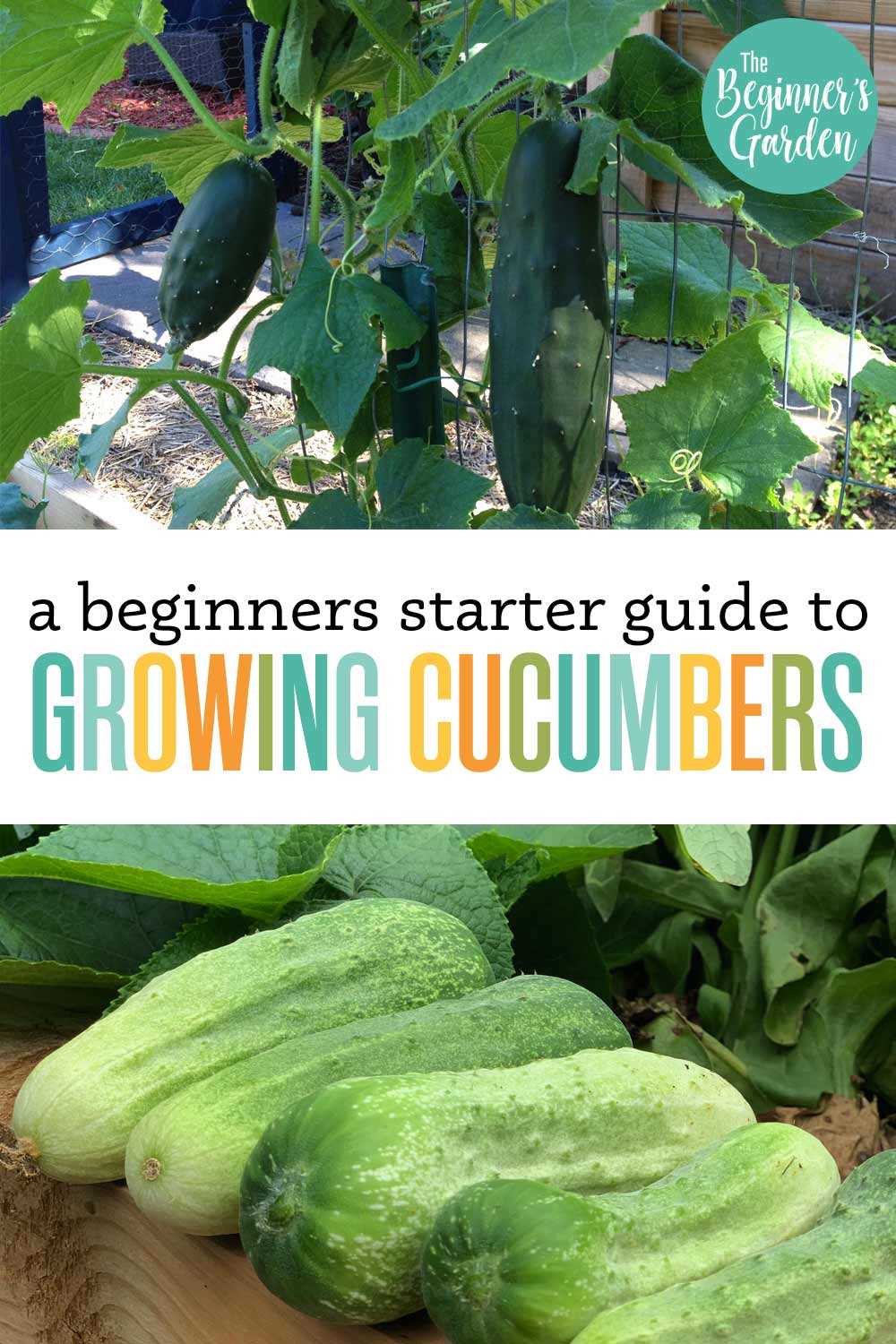
Consider the space available in your garden when selecting cucumber seeds. Some cucumber varieties are vine types that require ample space to spread out and grow. Others are bush types that are more compact and can be grown in containers or smaller gardens. If you have limited space, opt for varieties that are described as compact or suitable for containers. This will ensure that your cucumber plants have enough room to thrive without overcrowding your garden.
5. Read Reviews and Recommendations
When in doubt, turn to reviews and recommendations from other gardeners. Reading about the experiences of fellow cucumber growers can provide valuable insights into the performance, flavor, and overall quality of different cucumber varieties. Look for seeds that have positive reviews and recommendations, as this is a good indication of their potential success in your own garden. Online gardening forums and seed catalogs are great resources for finding these reviews and recommendations.
By following these five rules, you can choose cucumber seeds that are well-suited to your growing conditions, purposes, and space available. With the right seeds, you’ll be on your way to a bountiful harvest of delicious cucumbers in no time!
Importance of High-Quality Cucumber Seeds
When it comes to growing cucumbers, choosing high-quality seeds is essential for a successful harvest. High-quality cucumber seeds offer a range of benefits that can significantly impact the growth and yield of your cucumber plants. Here are some reasons why investing in high-quality cucumber seeds is important:
- Better Germination: High-quality cucumber seeds have a higher germination rate, which means that a larger percentage of seeds will sprout and grow into healthy plants. This ensures a more abundant crop and reduces the risk of failed plants.
- Resistance to Diseases and Pests: Cucumber plants can be susceptible to various diseases and pests that can hinder their growth and damage the crop. High-quality seeds are often bred to have improved resistance to common diseases and pests, giving your plants a better chance of thriving.
- Higher Yield: High-quality seeds are typically selected for their ability to produce a higher yield of cucumbers. These seeds have been carefully bred to produce plants that are more likely to bear a greater amount of fruit, resulting in a more bountiful harvest.
- Improved Flavor and Texture: The quality of the seeds can also affect the flavor and texture of the cucumbers. High-quality seeds often lead to crisper, juicier, and more flavorful cucumbers that are enjoyable to eat.
- Long-Term Investment: Investing in high-quality cucumber seeds is a long-term investment in your gardening success. By starting with quality seeds, you set the foundation for healthy plants and a productive garden that can provide cucumbers for years to come.
When purchasing cucumber seeds, look for reputable seed suppliers that offer high-quality seeds. Read reviews, check for certifications, and don’t hesitate to ask questions about the source and quality of the seeds. By choosing high-quality cucumber seeds, you give your plants the best chance to thrive and produce a bountiful harvest.
Consider Climate and Growing Conditions
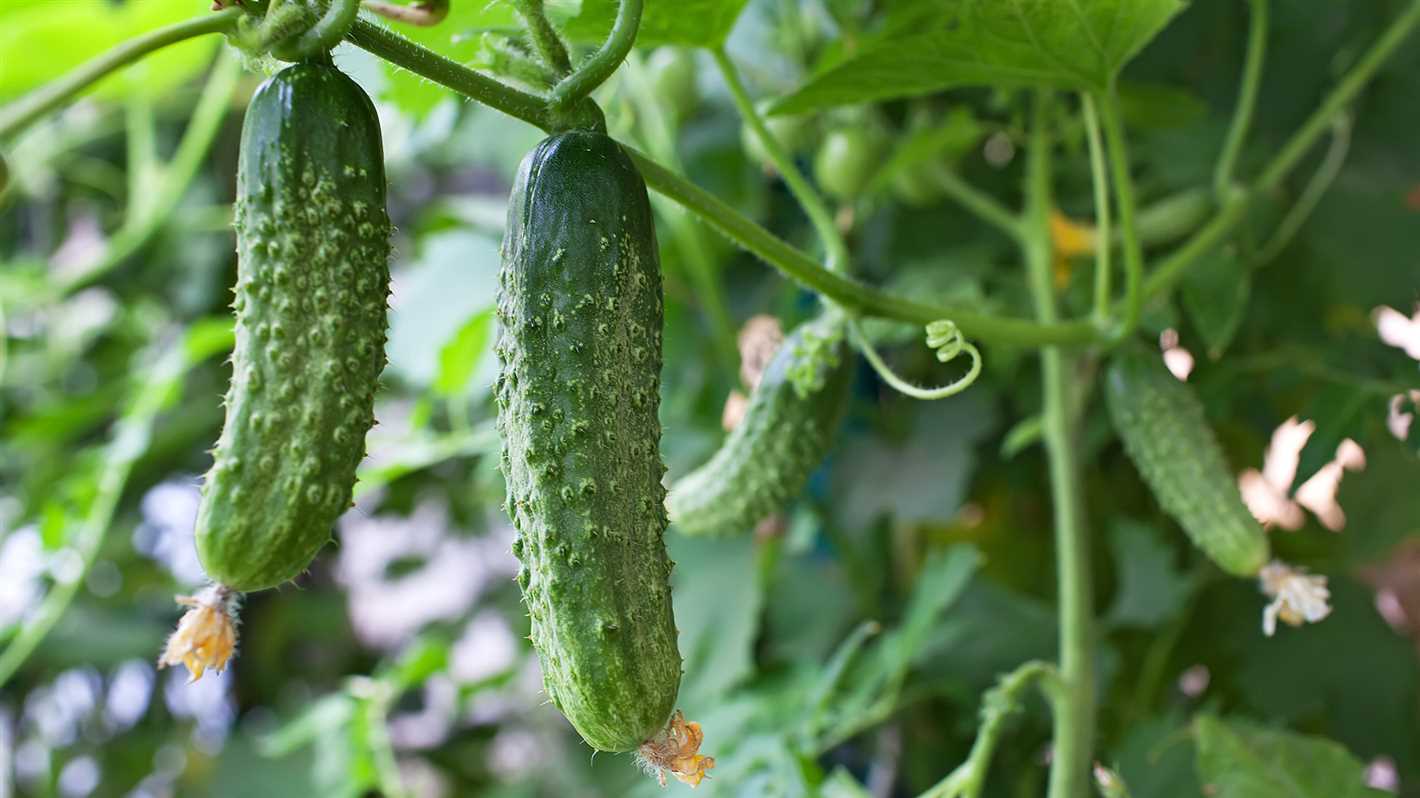
When choosing cucumber seeds, it is important to consider the climate and growing conditions in your area. Cucumbers thrive in warm weather and require plenty of sunlight to grow and produce a bountiful harvest. Here are some factors to consider:
1. Temperature
Cucumbers prefer temperatures between 70°F (21°C) and 90°F (32°C), so it is important to choose cucumber seeds that are suitable for your local climate. If you live in a colder region, consider choosing cold-tolerant cucumber varieties that can withstand lower temperatures.
2. Sunlight
Cucumbers are sun-loving plants, so it is essential to choose a sunny spot in your garden for growing them. Make sure that the selected location receives at least 6-8 hours of direct sunlight daily. If you have limited sunlight in your garden, look for cucumber varieties that are more shade-tolerant.
3. Soil
Cucumbers prefer well-drained soil with a pH level between 6.0 and 7.0. Before planting cucumber seeds, it is recommended to prepare the soil by adding organic matter, such as compost or well-rotted manure, to improve its fertility and moisture-retaining capacity.
4. Watering
Cucumbers have high water requirements, especially during hot weather. Ensure that your chosen cucumber seeds are suitable for your watering schedule and the availability of water in your area. Avoid overwatering, as it can lead to diseases and other problems.
5. Growing Space
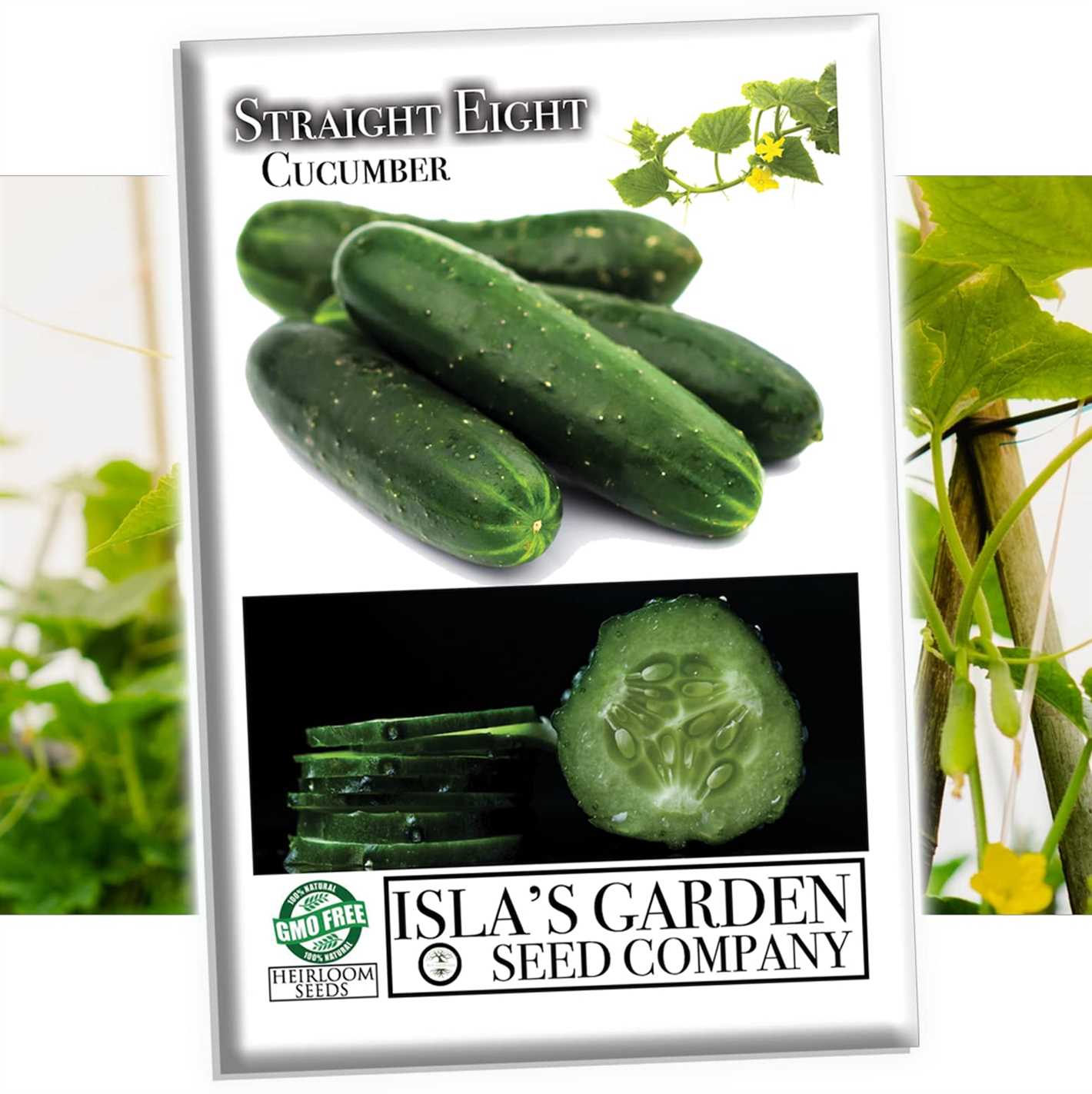
Cucumbers are climbing plants that need support to grow vertically. Consider the available space in your garden, and choose cucumber seeds that are suitable for your growing conditions. Look for compact or bush varieties if you have limited space, or choose vine varieties if you have ample space and want to grow cucumbers on trellises or fences.
By considering the climate and growing conditions in your area, you can select the right cucumber seeds that will thrive and provide you with a bountiful harvest. Take into account the temperature, sunlight, soil, watering, and growing space to ensure the success of your cucumber plants.
Determine the Desired Cucumber Variety
Before buying cucumber seeds, it is important to determine the desired variety of cucumber that you want to grow. There are several factors to consider when choosing the variety:
- Growing Space: Take into account the space available for cucumber plants. Different cucumber varieties have different growth habits. Some varieties are bushy and compact, while others are sprawling and vining.
- Climatic Conditions: Consider the prevailing climatic conditions in your area. Some cucumber varieties are better suited for cool climates, while others thrive in hot and humid conditions.
- Taste and Texture: Think about your preference for taste and texture. Cucumber varieties can vary in their flavor profile, ranging from sweet to tangy. Some varieties are ideal for eating fresh, while others are better for pickling.
- Disease Resistance: Look for cucumber varieties that are resistant to common cucumber diseases, such as powdery mildew or cucumber mosaic virus. This will help ensure a healthier and more robust crop.
- Growing Season: Consider the length of your growing season. Some cucumber varieties have a shorter growing season and can be harvested earlier, while others require a longer growing season to reach maturity.
By taking these factors into account, you can choose the cucumber variety that best fits your needs and preferences, leading to a more successful and bountiful harvest.
Check Seed Label and Expiry Date
When choosing cucumber seeds for your garden, it’s essential to carefully check the seed label and expiry date. This will provide you with important information about the quality and viability of the seeds. Here are a few things to consider:
1. Seed Variety
The seed label will indicate the specific cucumber variety. Different varieties have unique traits, such as size, flavor, and disease resistance. Consider your preferences and needs when selecting a cucumber variety.
2. Seed Source
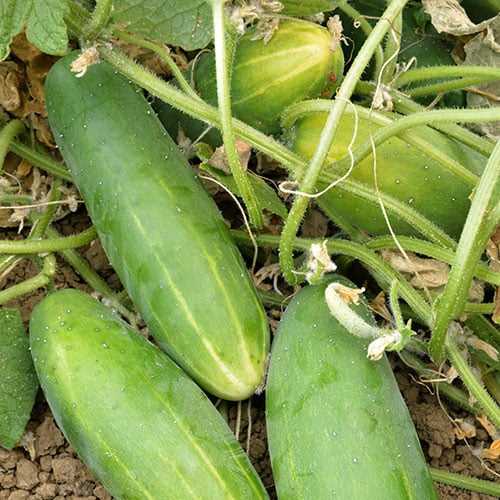
The seed label should include the name of the seed company or breeder. It’s crucial to choose reputable seed sources that have a track record of providing high-quality seeds. Check customer reviews and ratings for the seed company before making a purchase.
3. Seed Purity
Look for information about the seed purity on the label. This indicates the percentage of pure cucumber seeds in the packet. Higher seed purity ensures that you are getting more viable seeds and increases the chances of successful germination.
4. Germination Rate
The seed label may specify the germination rate of the seeds. This indicates the percentage of seeds that are expected to germinate under ideal conditions. Choose seeds with a higher germination rate to maximize your chances of a bountiful harvest.
5. Expiry Date
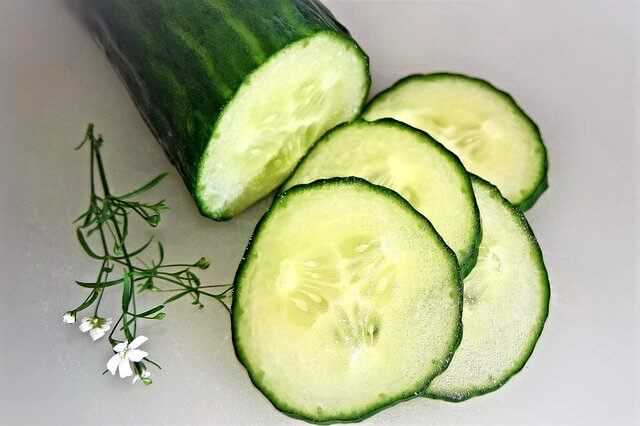
Always check the expiry date of the cucumber seeds. Seeds that have exceeded their expiry date may have lower viability and may not germinate properly. Fresh seeds are more likely to provide better results, so choose seeds that are within their expiry period.
By carefully reading the seed label and checking the expiry date, you can ensure that you are selecting high-quality cucumber seeds that will give you a bountiful harvest in your garden.
Read Reviews and Recommendations
One of the best ways to ensure that you are choosing the right cucumber seeds for your garden is to read reviews and recommendations from other gardeners. By learning from their experiences and opinions, you can make a more informed decision about which seeds to purchase.
Here are some tips for effectively using reviews and recommendations:
- Look for reputable sources: When searching for reviews, it’s important to find reputable websites or forums where experienced gardeners share their insights. Look for sources that have a good track record and a large community of active members.
- Read both positive and negative reviews: Take the time to read both positive and negative reviews to get a balanced perspective. Positive reviews can give you an idea of the strengths of a particular seed variety, while negative reviews can help you identify potential issues or challenges.
- Consider specific needs: Keep in mind that different gardeners have different needs and preferences. Assess whether the reviews you’re reading align with the conditions and goals of your own garden. Look for reviews from gardeners who have similar growing conditions or goals as you.
- Pay attention to common themes: Look for common themes or patterns in the reviews you read. Are there any consistent issues or benefits mentioned? This can help you identify the most important factors to consider when choosing cucumber seeds.
- Ask for recommendations: If you’re part of a gardening community or have friends who garden, don’t hesitate to ask for recommendations. Personal recommendations can be especially valuable, as you can ask follow-up questions and get more detailed information.
By reading reviews and recommendations, you can gain valuable insights into the performance, taste, disease resistance, and other characteristics of different cucumber seed varieties. This information can help you select the seeds that are most likely to thrive in your garden and provide a bountiful harvest.
Purchase from Reputable Seed Suppliers
When it comes to choosing cucumber seeds, it is important to purchase them from a reputable seed supplier. This ensures that you are getting high-quality seeds that are true to their variety and have a high chance of germination success.
Here are a few reasons why purchasing from reputable seed suppliers is important:
- Quality assurance: Reputable seed suppliers often have stringent quality control measures in place to ensure that the seeds they sell are of good quality. This means that you can have confidence in the seeds you purchase.
- Wide selection: Reputable seed suppliers usually offer a wide variety of cucumber seeds to choose from. This allows you to find the specific type of cucumber that suits your needs and preferences.
- Expert advice: Reputable seed suppliers often have experienced staff who are knowledgeable about different cucumber varieties. They can provide valuable advice and guidance on selecting the right seeds for your specific growing conditions.
- Germination rates: Reputable seed suppliers often test their seeds for germination rates. This means that you can have confidence that the seeds you purchase will have a high chance of germination success.
- Customer reviews: Reputable seed suppliers usually have a good reputation and positive customer reviews. This can give you peace of mind knowing that you are purchasing from a trusted source.
Overall, purchasing cucumber seeds from a reputable seed supplier is a wise choice. It ensures that you are getting high-quality seeds that are more likely to result in a bountiful harvest of delicious cucumbers.
Opt for Disease-Resistant Cucumber Seeds
When choosing cucumber seeds for your garden, it is important to select varieties that are resistant to common diseases. By opting for disease-resistant cucumber seeds, you can increase the chances of a bountiful harvest and reduce the risk of losing plants to infections.
Diseases such as powdery mildew, downy mildew, and bacterial wilt can greatly impact the health and productivity of cucumber plants. These diseases can cause leaf discoloration, wilting, and even death of the plants.
When shopping for cucumber seeds, look for varieties that are labeled as disease-resistant or have a high tolerance to common cucumber diseases. These varieties have been bred to have improved resistance to specific pathogens, which means they are less likely to be affected by diseases compared to non-resistant varieties.
It is also beneficial to understand the specific diseases that are prevalent in your region or have been an issue in your garden in the past. This will allow you to select cucumber seed varieties that are specifically resistant to those diseases.
Additionally, practicing good gardening techniques can help prevent the spread of diseases. Providing adequate spacing between plants, ensuring proper air circulation, and practicing crop rotation can all contribute to reducing the risk of disease outbreaks in your cucumber garden.
By selecting disease-resistant cucumber seeds and implementing good gardening practices, you can increase the likelihood of a successful cucumber harvest and enjoy a bountiful supply of fresh cucumbers throughout the growing season.
Store Cucumber Seeds Properly
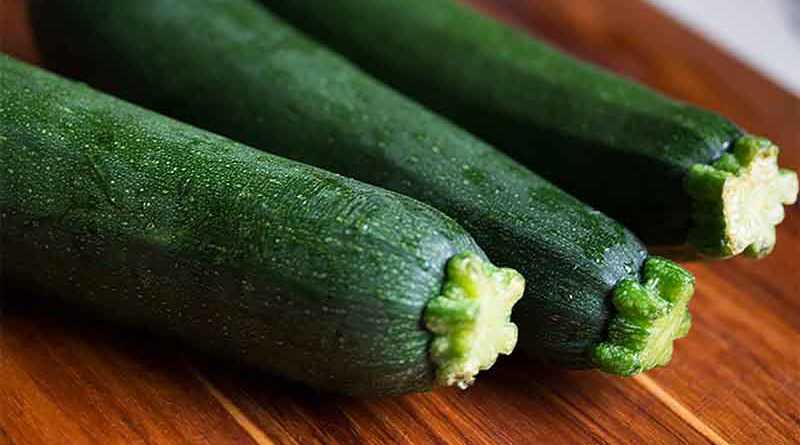
Properly storing your cucumber seeds is essential to ensure their viability and longevity. Following the right storage practices will help you maintain the quality of your seeds, allowing you to use them for future planting seasons. Here are some guidelines to follow:
1. Dry the Seeds
Before storing cucumber seeds, make sure they are completely dry. Moisture can lead to the growth of mold and fungi, which can ruin the seeds. Spread the seeds out on a paper towel or a dry surface and let them air dry for a few days.
2. Clean the Seeds
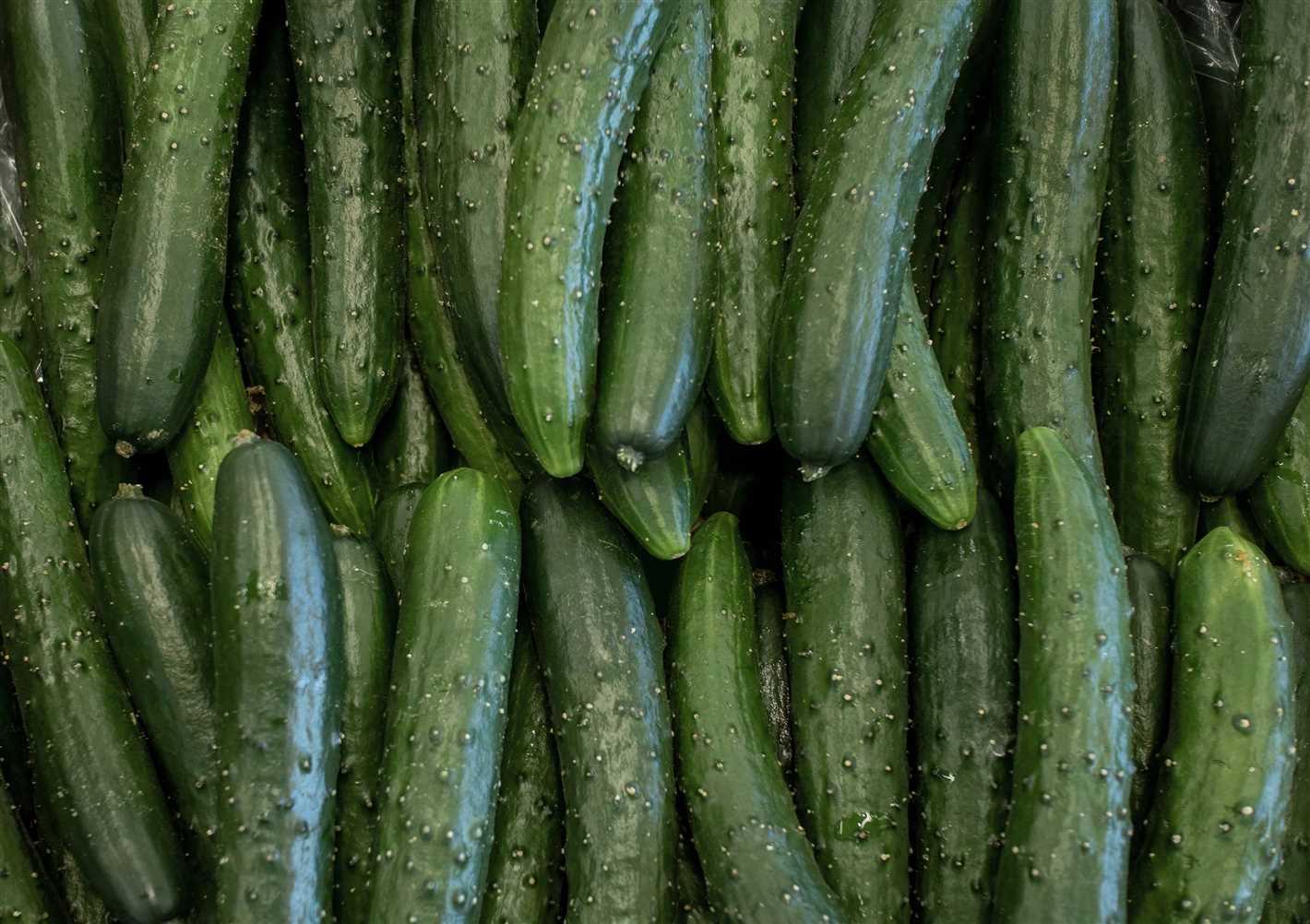
Remove any debris or plant matter from the cucumber seeds before storing them. You can do this by gently rubbing the seeds between your hands or using a fine sieve to separate them from any unwanted material.
3. Use Airtight Containers
Store cucumber seeds in airtight containers to protect them from moisture, pests, and air exposure. Mason jars or small ziplock bags work well for seed storage. Make sure to label the containers with the date and the cucumber variety to easily identify them later.
4. Store in a Cool, Dry Place
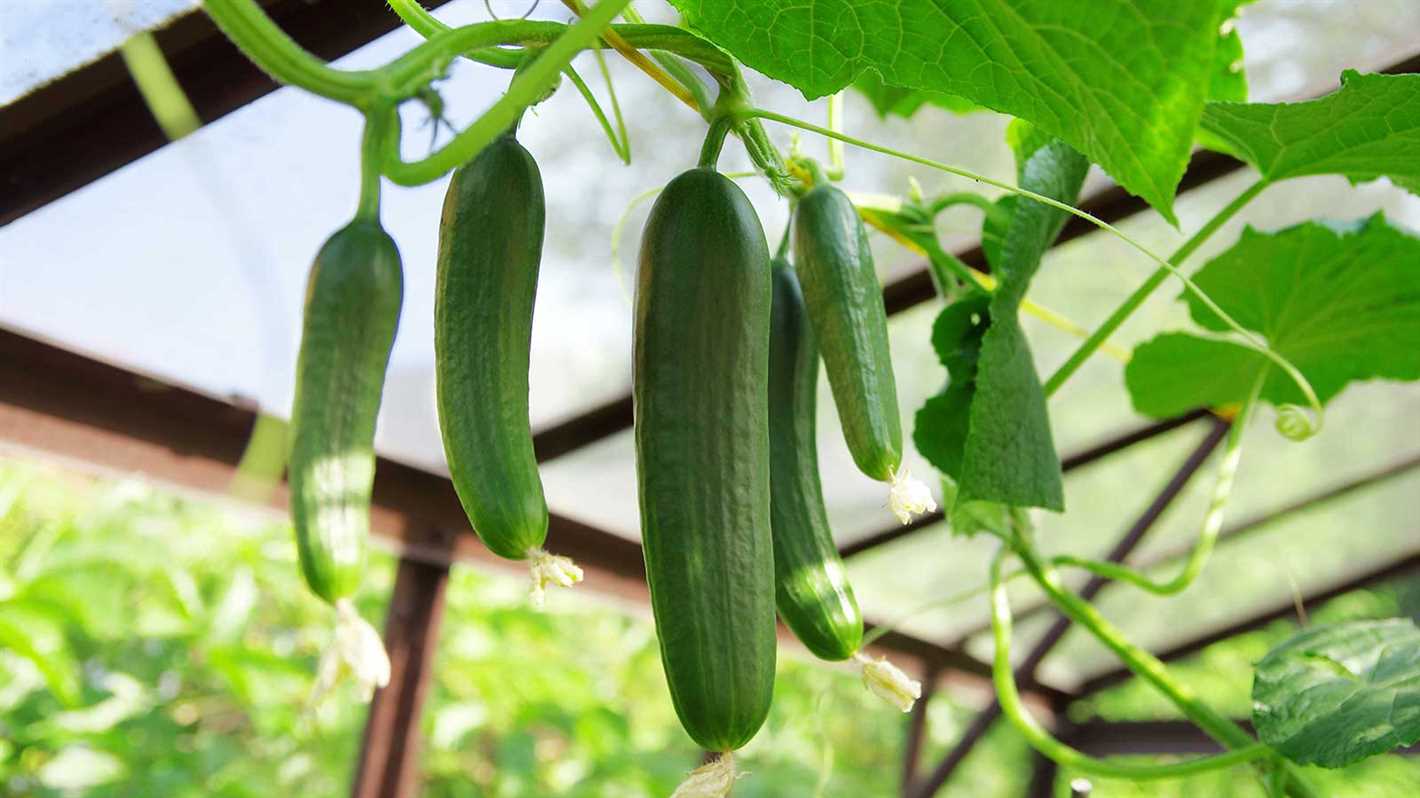
Choose a cool, dry location for storing your cucumber seeds. Avoid areas with high humidity or fluctuating temperatures, such as basements or attics. A cool pantry or cupboard is an ideal storage spot.
5. Keep Away from Direct Sunlight
Direct sunlight can heat up the container and damage the cucumber seeds. Store the seeds in a dark, shaded area to maintain their viability. Avoid placing them near windows or any other sources of direct sunlight.
By following these guidelines, you can ensure that your cucumber seeds remain viable for an extended period. Proper storage will allow you to have a bountiful harvest year after year.
“Question-Answer”
What are the best cucumber seeds for a bountiful harvest?
The best cucumber seeds for a bountiful harvest are those that are labeled as disease-resistant, high-yielding, and suitable for your specific growing conditions.
How do I choose cucumber seeds for my garden?
When choosing cucumber seeds for your garden, consider factors such as the type of cucumber you prefer, the growing conditions in your area, and the specific characteristics of the seeds such as disease-resistance and yield potential.
Are disease-resistant cucumber seeds important?
Yes, disease-resistant cucumber seeds are important because they have been bred to resist common diseases that can affect cucumbers. This can help ensure a successful and bountiful harvest.
What are some common diseases that affect cucumbers?
Some common diseases that affect cucumbers include powdery mildew, downy mildew, and cucumber mosaic virus.
Can I save cucumber seeds from my own harvest?
Yes, you can save cucumber seeds from your own harvest by allowing the cucumbers to fully mature on the vine, then scooping out the seeds and allowing them to dry before storing them for future use.
How long do cucumber seeds last?
Cucumber seeds can last for several years if stored in a cool, dry place. However, their germination rate may decrease over time, so it’s best to use them within a year or two for optimal results.
Can I grow cucumbers from store-bought cucumbers?
Yes, you can grow cucumbers from store-bought cucumbers by saving the seeds and following the proper planting and care instructions. However, keep in mind that the resulting plants may not be identical to the parent plant due to cross-pollination.
